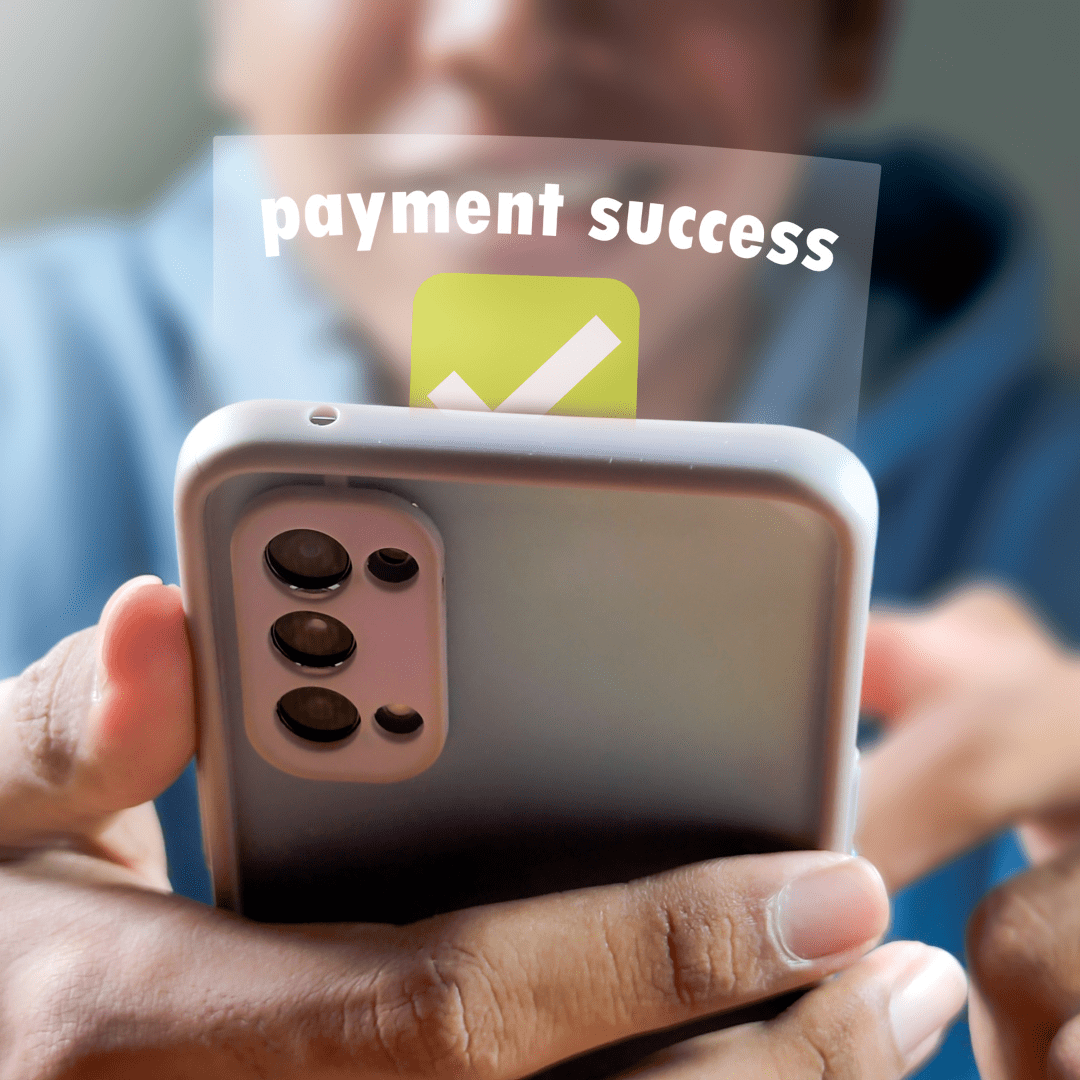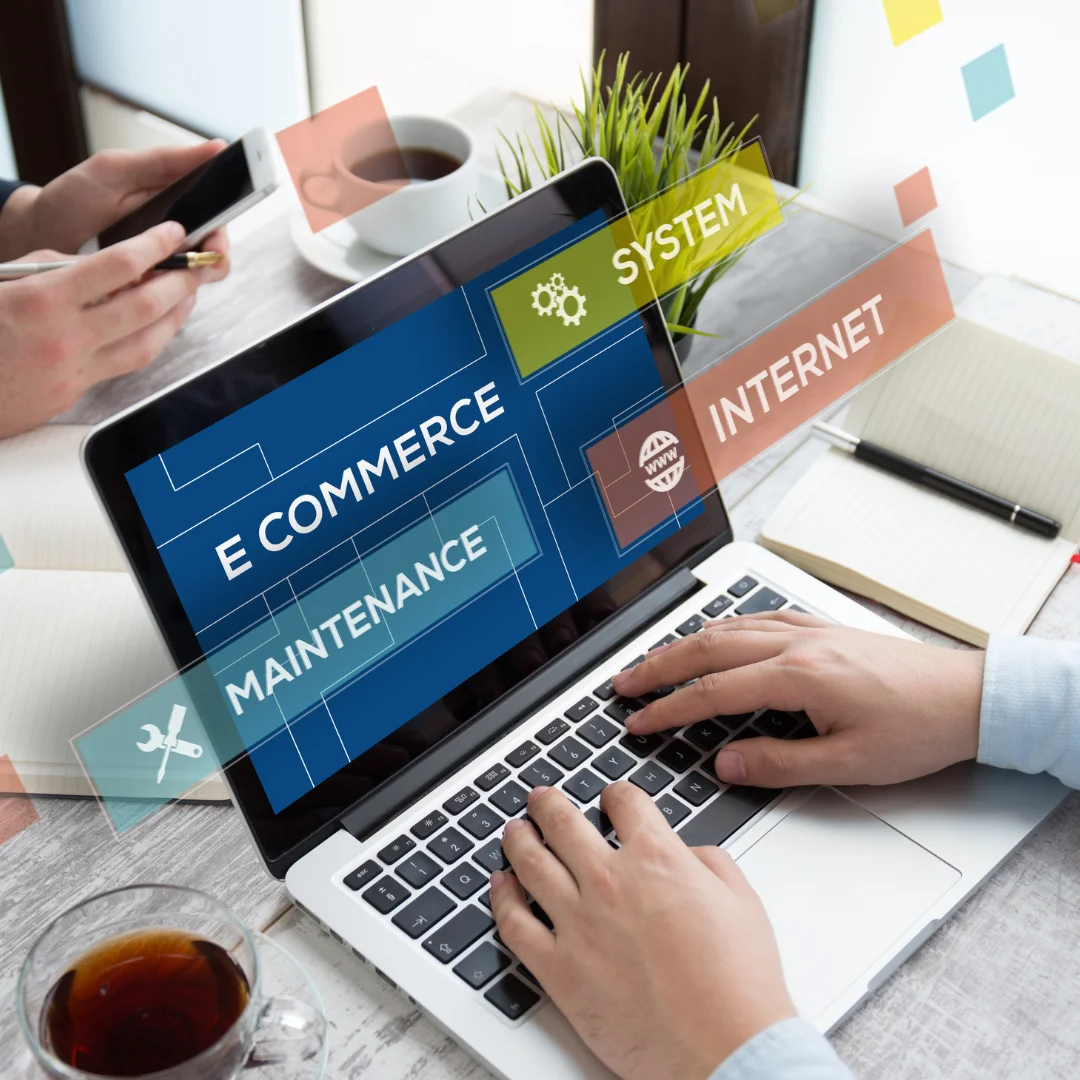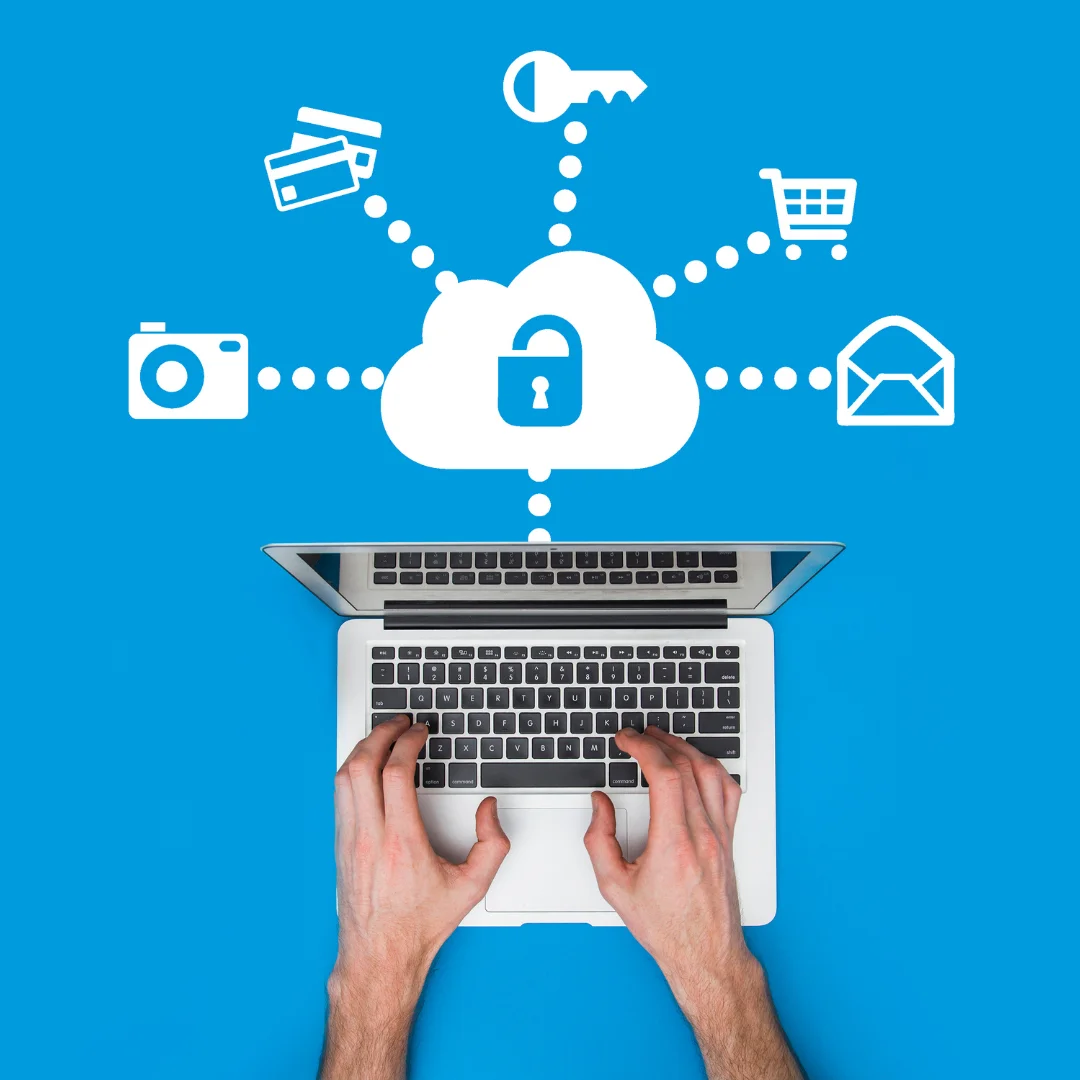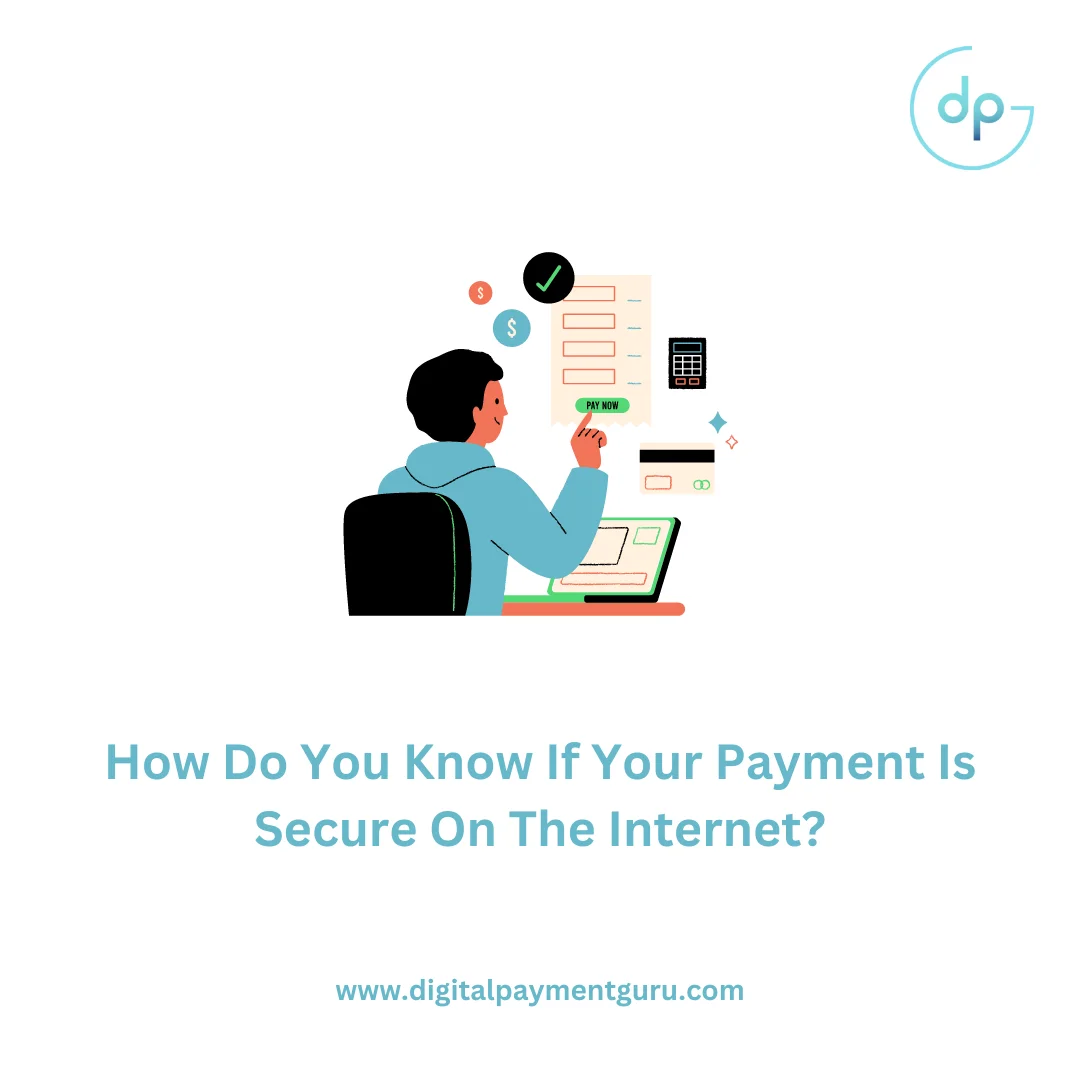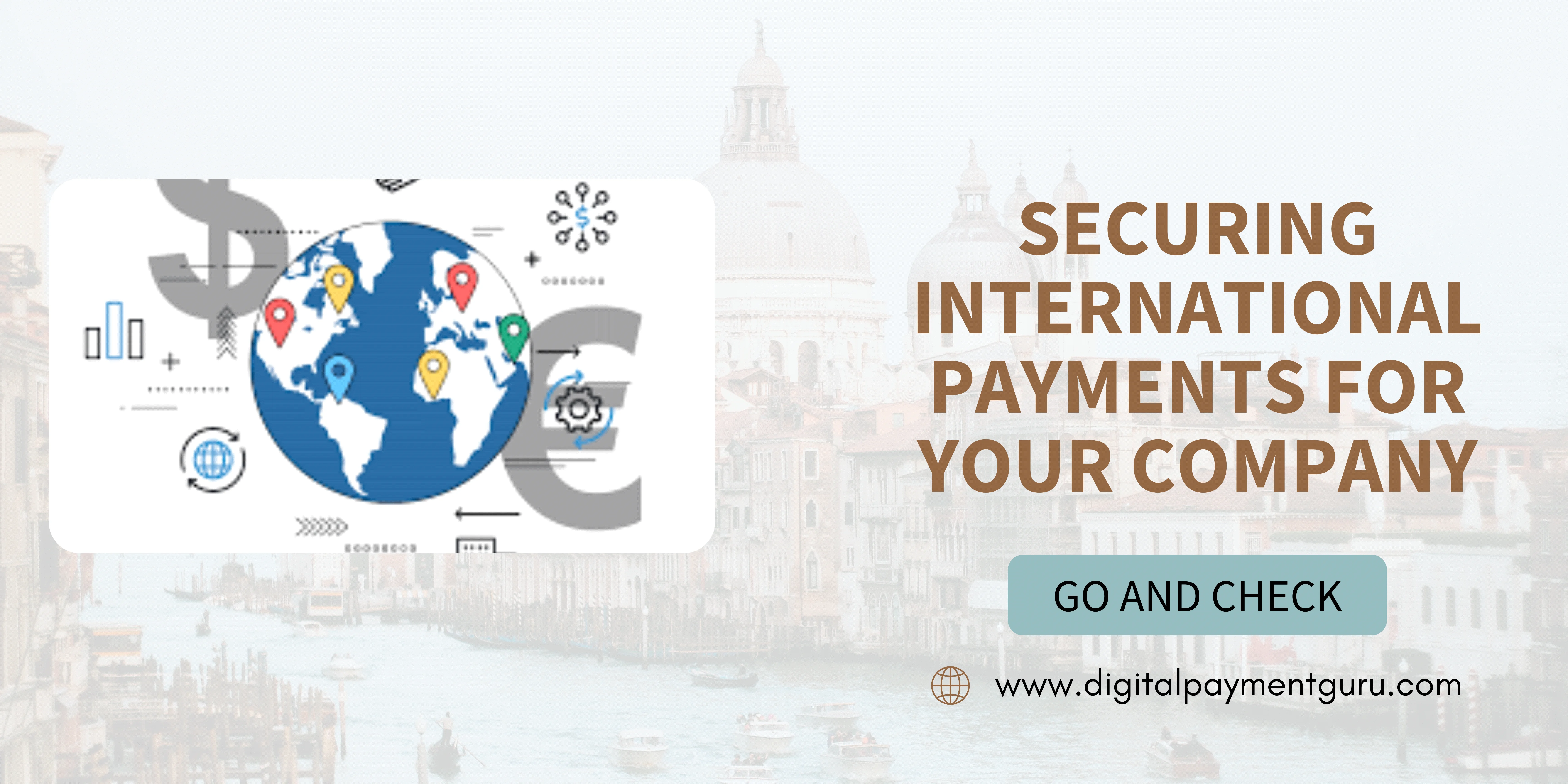In today’s digital age, online communication has become an integral part of our daily lives. Whether we shop online, pay bills, or transfer money, the convenience of online payments is undeniable. But along with this relief comes the need for stronger payment security measures to protect our sensitive financial information from falling into the wrong hands. In this article, we explore the importance of payment protection for online transactions, and measures taken to ensure the safety of our money and personal data.
First of all, encryption plays an important role in protecting online transactions. When you pay online, sensitive information such as credit card details or bank account numbers is encrypted using advanced cryptographic algorithms. Encryption turns information into code that can only be deciphered by authorized people, making it extremely difficult for hackers to intercept and misuse your data.
Two-factor authentication (2FA) has gained popularity to further enhance payment security. 2FA adds additional security by requiring users to provide two sets of identifications before completing a transaction. Typically, this involves entering a password or PIN, followed by a unique verification code on your mobile device. With 2FA, even if a hacker manages to get your password, they will need to physically access your mobile device to complete the transaction.
Another important aspect of payment security is the Payment Card Industry Data Security Standard (PCI DSS). These security standards ensure that organizations handling credit card transactions maintain a secure environment. PCI DSS compliance includes implementing measures such as ensuring secure connections, regularly monitoring and testing systems, and limiting access to cardholder data By complying with these standards businesses can significantly reduce the risk of a cardholder data breach and protect their customers’ financial information.
Additionally, tokenization has proven to be an effective way to increase payment security. Tokenization replaces sensitive payment information with a unique identifier called a token. This token is useless for anyone to cancel and can only be decrypted by the payment processor. With tokenization, even if the hacker managed to get hold of the token, it would not be able to be reversed to obtain the original payment information, providing additional security.
Also, Secure Sockets Layer (SSL) and Transport Layer Security (TLS) protocols are used to establish a secure connection between your device and the website or service you use SSL and TLS protocols to encrypt data exchanged between your machine and server and ensure that it remains confidential in messages. Websites and online payment gateways that use SSL and TLS can be marked with a padlock icon, which means you have a secure connection.
Regular security updates and patches are necessary to maintain payment security. A cybercriminal can use vulnerable software to obtain sensitive information without his permission. By quickly deploying security updates and patches, organizations can close these vulnerabilities and protect their systems from potential threats.
Finally, it is important for individuals to implement good cybersecurity practices to ensure that payments are made. This includes using strong and unique passwords, avoiding suspicious links or attachments in emails, and regularly monitoring your financial accounts for any unauthorized activity.
In conclusion, payment security is of utmost importance in online transactions. Encryption, two-factor processing, PCI DSS compliance, tokenization, SSL/TLS protocols, regular security updates, and personal cybersecurity practices are all key components of a comprehensive payment security program If implementing these policies, businesses, and individuals protect sensitive financial information, fraud risks are reduced, and trust in the digital payments ecosystem is enhanced.

